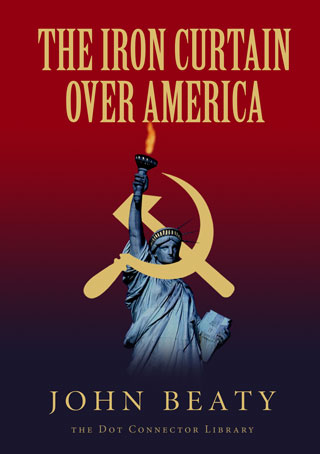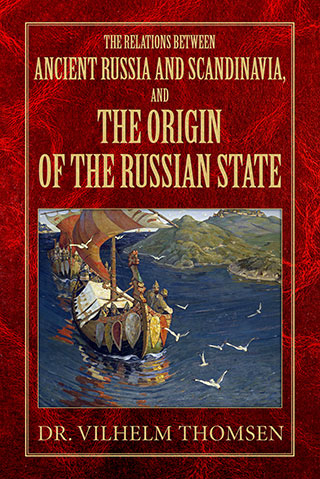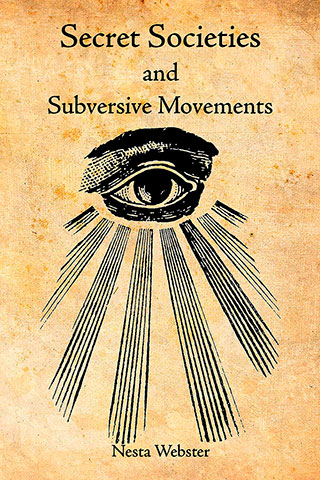New Zealand Plans Cyprus-Style Confiscations
National planning Cyprus-style solution for New Zealand …The National Government are pushing a Cyprus-style solution to bank failure in New Zealand which will see small depositors lose some of their savings to fund big bank bailouts, the Green Party said today. Open Bank Resolution (OBR) is Finance Minister Bill English’s favoured option dealing with a major bank failure. If a bank fails under OBR, all depositors will have their savings reduced overnight to fund the bank’s bail out. “Bill English is proposing a Cyprus-style solution for managing bank failure here in New Zealand – a solution that will see small depositors lose some of their savings to fund big bank bailouts,” said Green Party Co-leader Dr Russel Norman. – Scoop
 Dominant Social Theme: It’s all ours now.
Dominant Social Theme: It’s all ours now.
Free-Market Analysis: First Cyprus and now New Zealand. Is it coincidence or something more?
Globalists that are trying to create an international monetary solution often implement programs in various countries at once. The question arises as to whether Money Power itself – the banking entities and those behind them that control a good deal of the world’s wealth – have decided to “send a message” about the relationship between citizens and their banks.
We’ve certainly noticed that the advent of the Internet and ever-rising level of information sharing has sparked additional assertiveness from Western governments. The US in particular, with its expanding wars in Africa and assertion that US officials are to collect taxes anywhere in the world, is becoming extraordinarily aggressive.
But even US officials have not yet suggested that in the case of banking failures, citizens would be liable for a significant haircut or even lose their entire life-savings.
Cyprus and New Zealand are well down this road.
Is a message being sent to savers? Is this going to become the new normal in the West?
We’re all for risk taking, by the way. But the banking system today administers government monopoly money. And the dollar reserve system itself is propped up by Saudi willingness to accept dollars for oil in preference to any other currency.
Thus, the banking system is nothing near a free-market one. In this artificial construct, asking savers to take risks is not merely unfair; it is a recipe for increasing social dissent.
Interestingly, the Green Party in New Zealand seems to recognize this. Here’s more from their press release, excerpted above:
“The Reserve Bank is in the final stages of implementing a system of managing bank failure called Open Bank Resolution. The scheme will put all bank depositors on the hook for bailing out their bank.
“Depositors will overnight have their savings shaved by the amount needed to keep the bank afloat.
“While the details are still to be finalised, nearly all depositors will see their savings reduced by the same proportions.
“Bill English is wrong to assume everyday people are able to judge the soundness of their bank. Not even sophisticated investors like Merrill Lynch saw the global financial crisis coming.
“If he insists on pushing through this unfair scheme, small depositors can be protected ahead of time with a notified savings threshold below which their savings will be safe from any interference.”
Investors, of course, are not able to judge the soundness of banks because banks are part of a larger fiat-money system that is foundering. There is only one sure thing about current economic systems worldwide – and that is that they will undergo regular crises as money printing becomes overwhelming and economic instability results.
The press release goes on to point out that New Zealand ought to promote a deposit insurance scheme rather than an open-bank resolution scheme that includes deposit confiscation.
But the release leaves unanswered the larger question, which is one that has to do with the sudden occurrence of such approaches. One is left with the uneasy feeling that top Western bankers somehow DO want to send a message to citizens that the banking system itself is the master not the servant.
If so, people will trust banks even less than they do now, and the result will be, generally, a financial system increasingly prone to failure.
Conclusion: Out of chaos … what?








